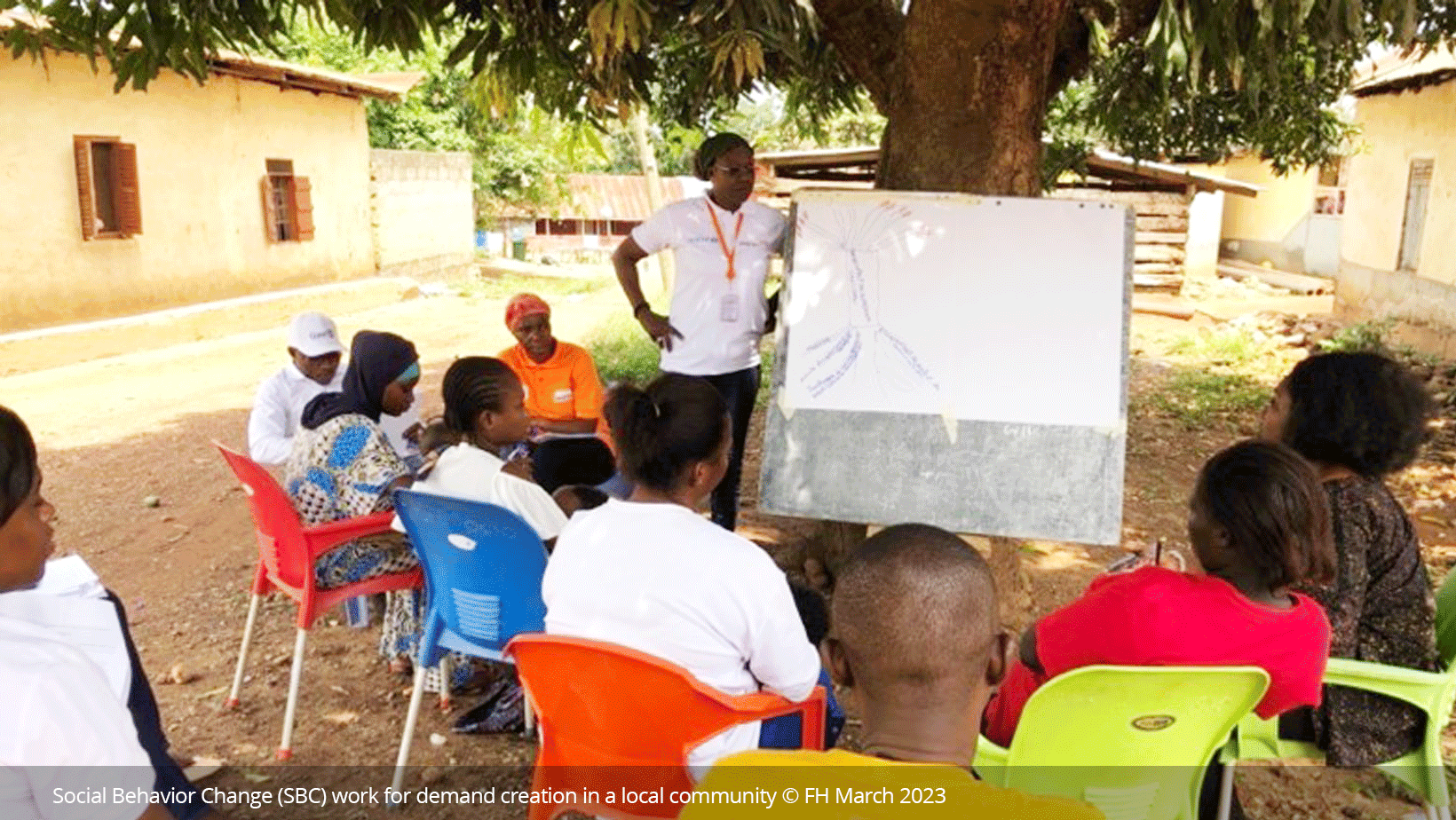Empowering Change Through Care: Progress Report from Food for The Hungry

In the RAISE 4 Sahel Consortium, Food for the Hungry is building the capacity of the seven project secretariats to increase demand for routine childhood immunization. This strategy features the adaptation of proven formative research and Social and Behavior Change (SBC) methods. The secretariats will test innovative approaches to identify Zero-Dose Children (ZDC) and Under-Immunized Children (UIC) and collaborate with local organizations to closely monitor the implementation of SBC techniques.
Food for the Hungry embraces innovation by supporting RAISE 4 Sahel secretariats to adapt and test the Care Group approaches in pilot communities. The proposed initiative will include the mobilization of a team comprising 10 to 15 volunteer community health workers.
The Care Group approach, among other aspects, involves identifying volunteers within the community, both men and women, who have prior experience with vaccination, understand its benefits, and can inspire their peers to follow their example. These volunteers will have their understanding of the benefits of immunization strengthened and will be equipped with information and education tools. According to a defined schedule, these volunteers will organize meetings with community groups to further sensitize them through a social and behavioral change approach in favor of vaccinating the community children.
This process started with training of trainers’ workshops in Cameroon, Chad, Mali, and Nigeria from January to July 2023. To date, 84 master trainers (66 men and 18 women) have received instruction and will then cascade this training to local staff and partners, beginning with an implementation pilot.
To provide secretariats with more detailed guidance, Food for the Hungry developed contextualization planning templates to help structure needed technical assistance during the rollout and implementation of the Care Groups. This approach ensures a more comprehensive understanding of community dynamics, allowing RAISE 4 Sahel to tailor interventions that resonate with the local populace, ultimately enhancing access to childhood immunization.
